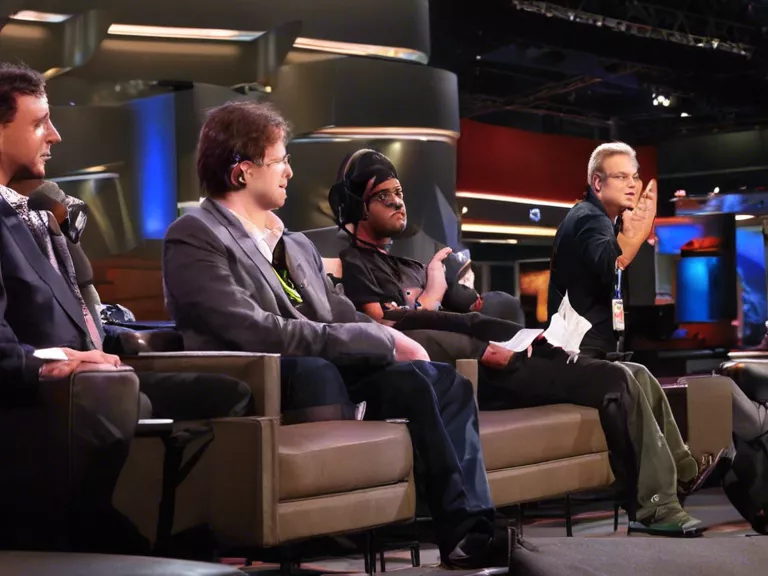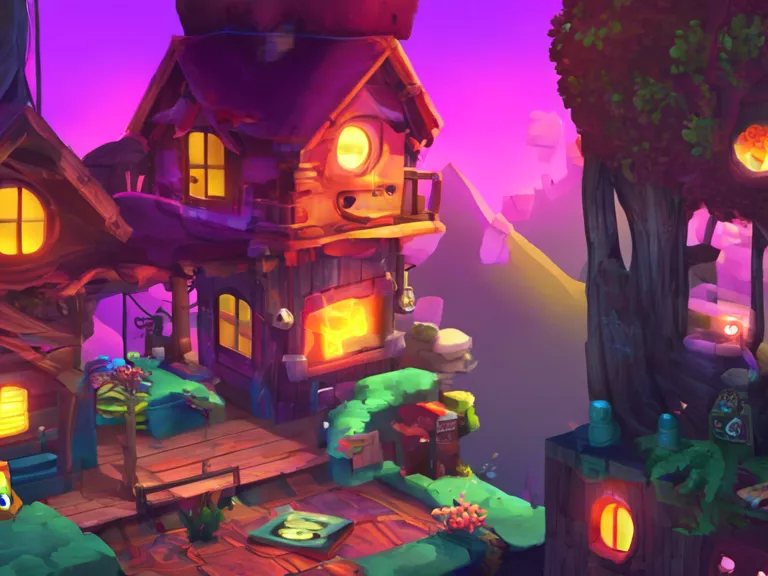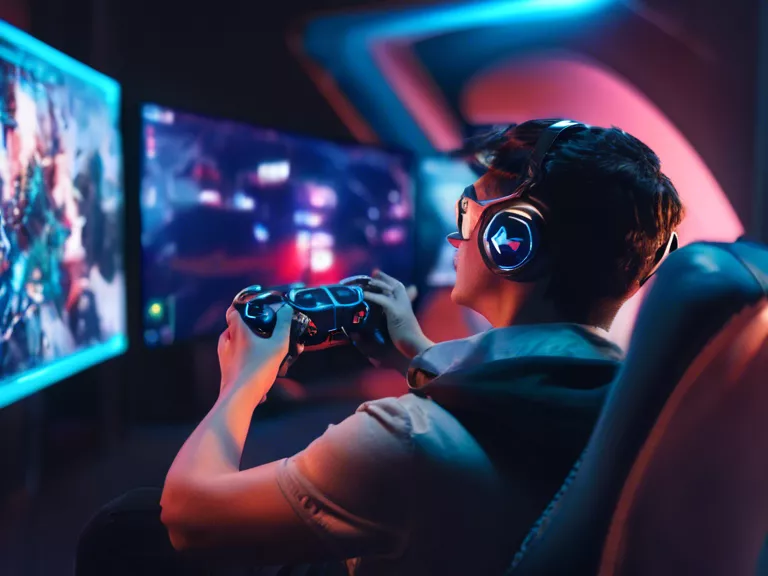
In the world of gaming, controversies and debates are not uncommon. Gamers, developers, and the wider community often find themselves embroiled in discussions over various hot topics. Let's take a look at some recent controversies and debates that have taken the gaming world by storm.
One of the biggest hot topics in gaming lately has been loot boxes. Loot boxes are in-game items that players can purchase with real money, often containing random rewards. Critics argue that loot boxes are a form of gambling and can be addictive, especially to younger players. Advocates, on the other hand, see loot boxes as a way for developers to monetize their games and fund ongoing support and updates. This debate has led to calls for more regulation and transparency when it comes to loot boxes in video games.
Another contentious issue in the gaming community is the treatment of employees in the industry. Reports of crunch culture, where developers are expected to work long hours under intense pressure to meet deadlines, have sparked outrage among gamers. Many argue that this toxic work environment is not sustainable and can lead to burnout and mental health issues. Calls for better working conditions and more ethical treatment of developers have become louder in recent years.
The representation of diverse characters in video games has also been a topic of debate. Some players believe that games should strive for more inclusive and diverse representation, while others argue that creative freedom should not be restricted by political correctness. The inclusion of LGBTQ+ characters, characters of color, and characters with disabilities has been a contentious issue for many games.
In-game purchases, especially when it comes to pay-to-win mechanics, have also been a source of controversy. Players often feel that these purchases create an unfair advantage for those willing to spend extra money, disrupting the balance of competitive games.
As the gaming industry continues to evolve, debates and controversies are likely to persist. It is vital for gamers, developers, and the wider community to engage in constructive dialogue to address these issues and shape the future of gaming in a positive way.
No Website Lists.



